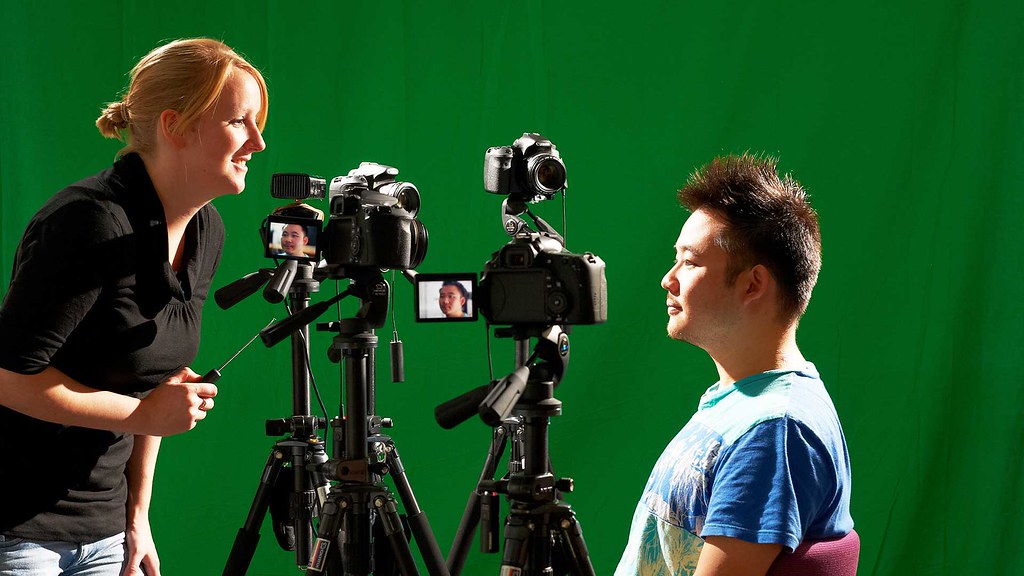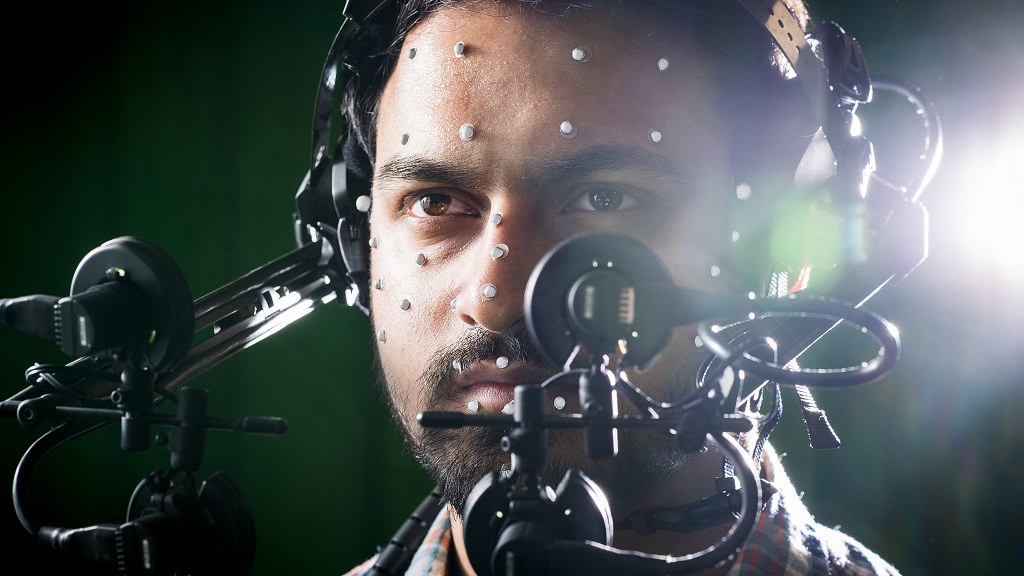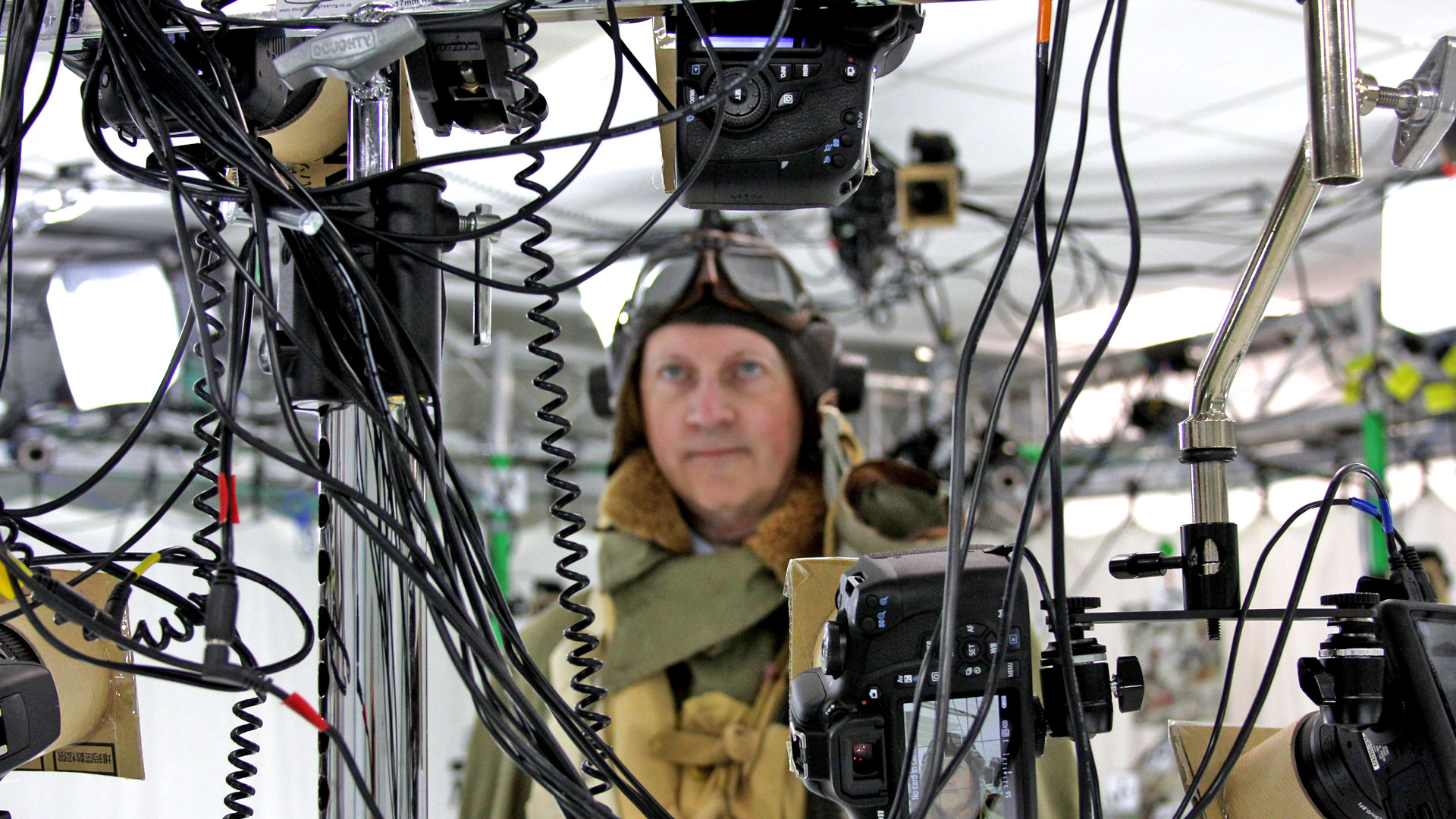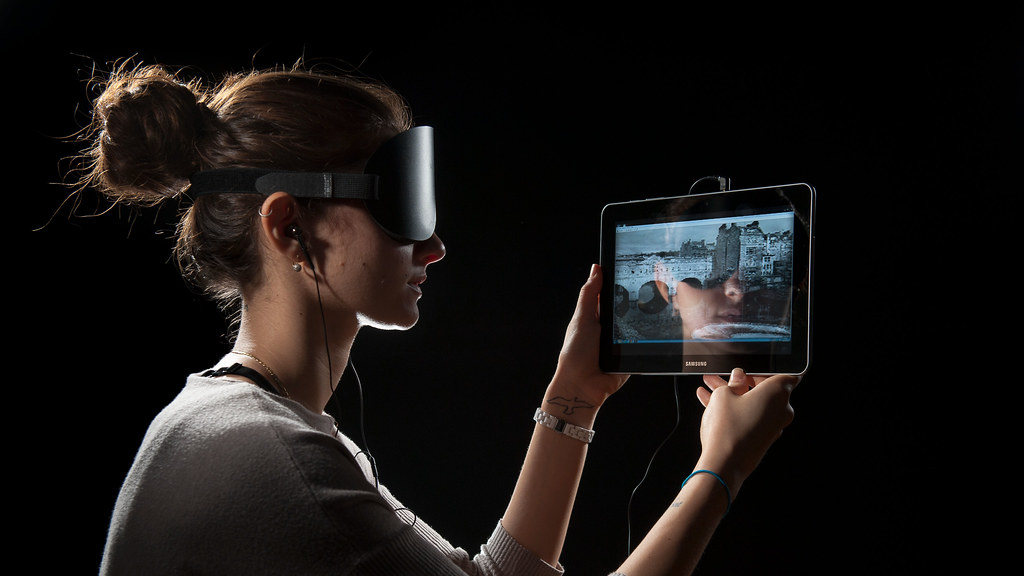Visual computing group members
We are a team of academics working at the intersection of computer vision and computer graphics.
Find out more about us and join us at one of our seminars.
We are a team of academics working at the intersection of computer vision and computer graphics.
Find out how to join us as a PhD student.

Find out about our PhD degrees, funding opportunities and how you can apply.
Our group focuses on human-centric visual computing, which comprises work across computer vision and computer graphics with cross-over into artificial intelligence, machine learning, education, healthcare, human-computer interaction and entertainment applications.
We have links across the University, including:



Take a look at recent papers, articles and conference contributions from our staff and students on Bath research portal.